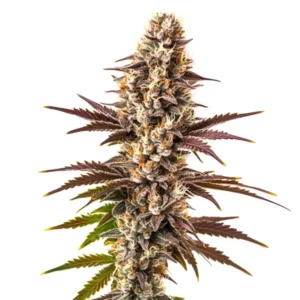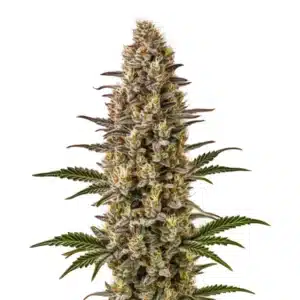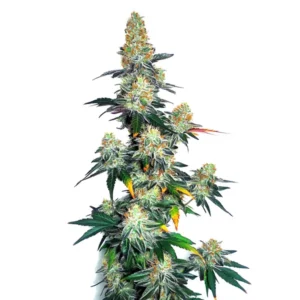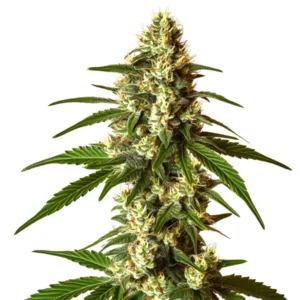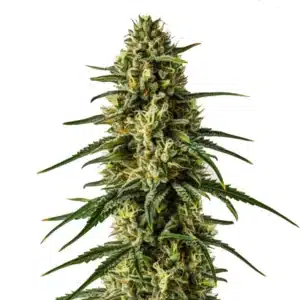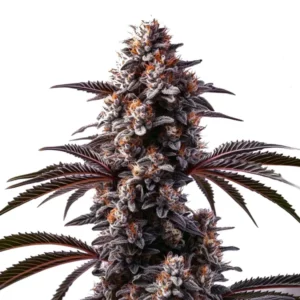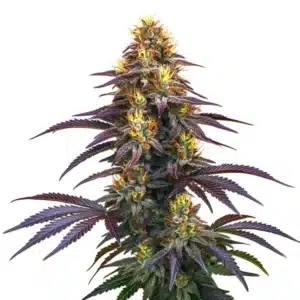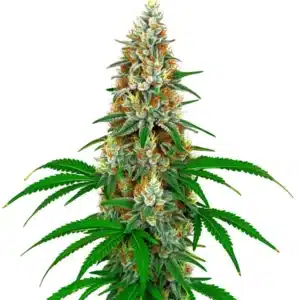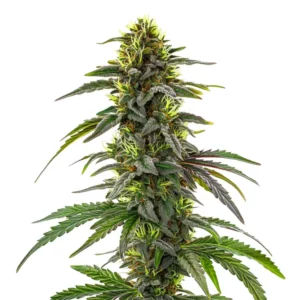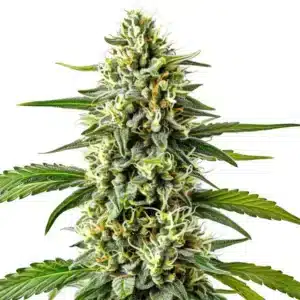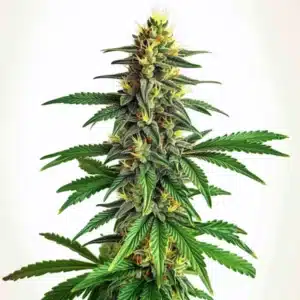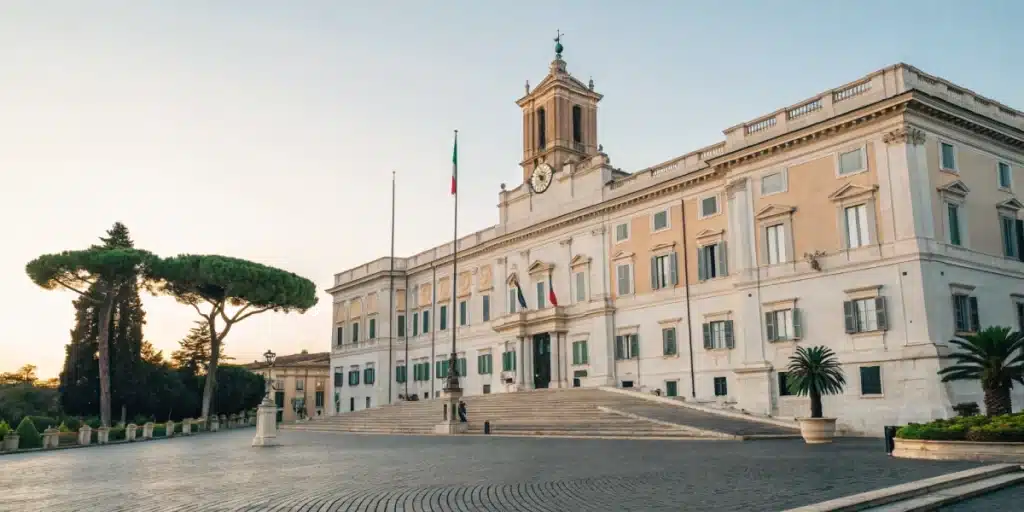
Is THC Legal in Italy? Current Regulations Explained
Exploring Italy’s Cannabis Legal Framework
Historical Changes in Cannabis Law
Italy’s journey with cannabis legislation has taken a winding path filled with many twists and turns. From the early days of strict prohibition to the more liberal policies implemented in recent years, the evolution of cannabis law in Italy reflects broader societal shifts and debates. In the late 20th century, Italy imposed rigid controls on cannabis that aligned closely with international drug control treaties. As public opinion gradually shifted with emerging research on THC’s therapeutic benefits, many began to question whether current laws reflected the needs of modern society. By the early 2000s, Italy took its first significant steps toward reform as lawmakers embraced medical cannabis under strict regulation.
During this time, the government enacted the 2007 law that allowed medical cannabis cultivation under rigorous oversight, which transformed patient access to cannabis-based treatments. This milestone marked a pivotal moment for Italy, as the clear shift in policy ignited further discussion about cannabis legality. Although recreational use continued to reside in a legal gray area, the nation set the stage for future debates. Society’s attitude evolved rapidly, and this progress encouraged renewed examination of THC’s legal status in Italy.
Recommended Strains
Present-Day Regulatory Environment
Today, Italy’s legal status regarding THC reflects a blend of progressive medical practices and restrictive policies for recreational use. Medical cannabis now appears in pharmacies where access remains tightly controlled by regional policies and specific physician prescriptions. These authorized channels support ongoing concerns regarding patient safety and regulatory consistency. The current environment challenges both consumers and regulators by balancing emerging therapeutic trends with established legal frameworks.
On the recreational front, while small amounts of cannabis remain decriminalized, full legality has not yet arrived. Municipal authorities vary in their enforcement and leniency of cannabis possession laws, creating an uneven legal landscape. Locals and tourists alike must carefully navigate these differences to avoid legal repercussions. This patchwork system continues to fuel public debate and demands clearer national guidelines that reflect both cultural acceptance and medical advancements.
Promos & Deals
Differentiating Medical and Recreational Use
Medical Cannabis Guidelines
Medical cannabis in Italy adheres to strict guidelines designed to ensure patient safety and guarantee product quality. Patients in need obtain prescriptions from licensed physicians to treat conditions ranging from chronic pain and multiple sclerosis to certain forms of epilepsy. Once a prescription comes through, patients gain access to medical cannabis products from designated pharmacies. The state-managed system supports a framework that upholds therapeutic use within legal boundaries.
The Italian Ministry of Health scrutinizes the cultivation and distribution of medical cannabis, verifying that each product meets safety and potency standards. Patients receive products with carefully monitored THC levels, as regulators strive to prevent any misuse. These rigorous measures ensure legal alignment with patient health priorities and reinforce public confidence in controlled access.
Restrictions on Recreational Use
In contrast to medical cannabis, recreational use in Italy remains a highly regulated matter. Although possession of small amounts for personal use has been decriminalized, recreational cannabis still sits in a legal gray zone that confuses many citizens. Users who consume recreationally do so discreetly, knowing that public consumption or distribution could trigger fines or administrative penalties. The uncertainty surrounding enforcement leaves many residents unsure about their rights.
The law on recreational cannabis varies widely among municipalities, and this inconsistent enforcement creates significant ambiguity for users. Authorities enforce strict penalties, and the illegal market persists as a result. Advocates demand clearer, more rational policies that address the complexities of recreational cannabis use while emphasizing public health and consumer protections.
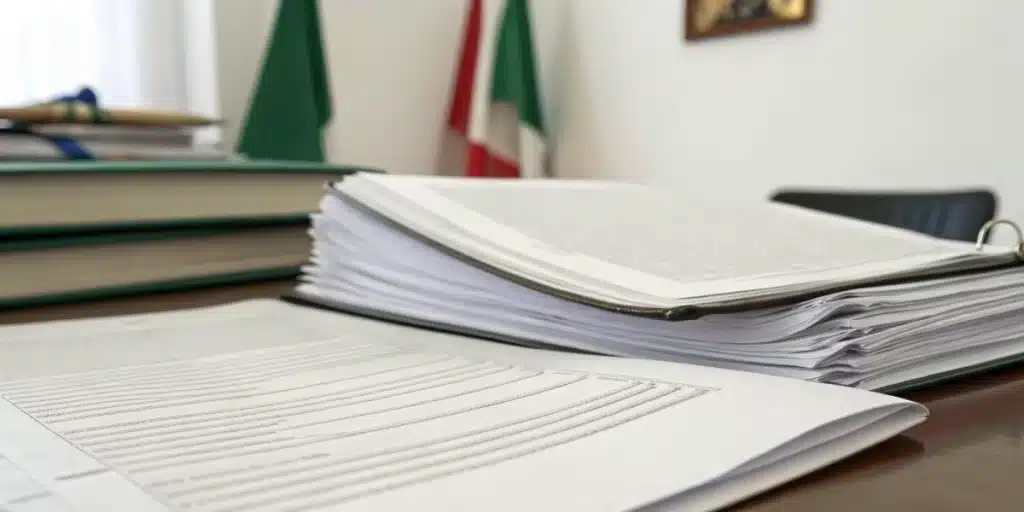
Product Quality and THC Limits
Legal THC Concentration Thresholds
In Italy, legal THC concentration thresholds determine the fate of cannabis products. Authorities set the maximum permissible THC limit at 0.6%, and products exceeding this limit become classified as narcotic substances subject to severe legal penalties. Hemp-based products, including oils, edibles, and extracts, must conform to this threshold so that they can be sold legally. This threshold acts as a firm boundary separating legal compliance from criminal classification.
Businesses operating in the cannabis sector take great care by conducting regular tests and using precise labeling strategies. They ensure that every product complies with legal thresholds, thereby protecting consumers and avoiding potential fines or criminal sanctions. This vigilant quality control promotes market integrity while addressing consumer concerns.
Standards for Product Safety
Ensuring product safety remains a primary focus in the Italian cannabis market. The Ministry of Health enforces stringent testing protocols for medical cannabis, requiring exhaustive assessments of potency, purity, and absence of contaminants. Each product undergoes rigorous scrutiny that satisfies legal standards and reassures consumers. Many businesses work hard to establish confidence through proactive safety efforts.
In the recreational sector, however, consumers sometimes face uncertainty due to products obtained from unregulated sources. A legal framework with clear safety standards would allow all cannabis products to meet consistent testing benchmarks. By adopting high standards for testing and quality control, regulators and industry players aim to foster a more transparent and secure market environment.
Impact on Consumers and Business
Market Effects and Consumer Access
Italy’s current cannabis laws shape the market significantly, affecting consumers and business operations alike. With decriminalized possession for small amounts, individuals increasingly explore cannabis products without fear of severe legal consequences. This evolving legal climate supports patient access to controlled medical cannabis while also prompting broader conversations about recreational access. The market now shows an expanding interest in safe, legal products.
Businesses face considerable challenges in navigating fragmented regulatory policies, especially concerning product distribution and retail options. Many companies strive to meet stringent guidelines while addressing consumer demands, creating a competitive yet demanding marketplace. Entrepreneurs actively work within these confines to deliver reliable cannabis solutions, aware of ongoing legal developments.
Licensing and Distribution Requirements
Cannabis-related businesses in Italy encounter rigorous licensing and distribution requirements that shape their operations. Medical cannabis producers secure licenses by demonstrating compliance with extensive safety and quality criteria, while pharmacies serve as the sole distribution channels. New companies often face barriers to entry, carefully aligning their strategies with national standards. These rigorous protocols inform long-term planning and operational strategy.
Entrepreneurs work diligently to meet government requirements and forge effective partnerships with regulated distributors. They focus on maintaining full compliance to avoid disruptions and legal challenges. This proactive approach ensures that consumers receive trustworthy products and that businesses continue to thrive within legal frameworks that reflect Italy’s cautious stance on cannabis.
Future Trends in Italian Cannabis Laws
Potential Legislative Reforms
As public opinion steadily shifts, Italy may witness further legislative reforms that refine its cannabis laws. Current discussions in the parliament explore creating a regulated framework for recreational cannabis use. Lawmakers consider measures that would clarify legal parameters, foster innovation, and better protect consumer welfare. Many industry experts speculate that the country could embrace a more modern cannabis policy soon. These debates spark vigorous discussion among policymakers, businesses, and advocacy groups alike.
Recent proposals aim to establish clear guidelines for production, distribution, and taxation of recreational cannabis. Advocates push for reforms that ensure safe, regulated access and boost economic growth, while opponents raise concerns about public health and safety. The political landscape remains active as stakeholders monitor potential reforms closely, hopeful for clearer direction.
Market Predictions and Emerging Trends
The potential legalization of recreational cannabis in Italy could trigger expansive market growth and transformative shifts. Analysts predict that a regulated market would generate new tax revenues, create jobs, and reduce pressures on the criminal justice system. As consumer preferences evolve, businesses prepare to innovate and meet demands for high-quality, safe products. Legislative clarity would encourage investment and development across the sector.
Emerging trends include a greater focus on sustainable cultivation practices, improved quality control, and enhanced transparency. These changes promise a safer, more vibrant market that benefits both businesses and consumers. Industry leaders encourage stakeholders to remain agile and responsive to legal updates, prepared to adjust if THC laws shift in favor of broader access.

FAQs about Is THC Legal in Italy
What is the maximum legal THC limit in Italy?
The maximum legal THC limit for cannabis products in Italy stands at 0.6%. Products above this percentage fall under strict narcotic classification and face severe legal sanctions. Consumers and businesses must keep this threshold in mind to ensure compliance with national regulations.
Can non-residents access THC products legally?
Non-residents encounter multiple challenges when trying to access THC products legally in Italy. Medical cannabis remains available through prescriptions, but recreational use stays limited under current laws. Tourists must exercise caution since varying local laws can lead to legal complications. Travelers should always research local regulations before purchasing any cannabis products.
Are there any pending reforms in Italian cannabis law?
Yes, current debates in parliament include several proposals aimed at reforming cannabis laws. Lawmakers continue to assess if THC should be fully legal for recreational use, while ensuring consumer safety remains paramount. These proposals reflect growing public support for legalization and an increasingly progressive approach towards cannabis regulation in Italy.


